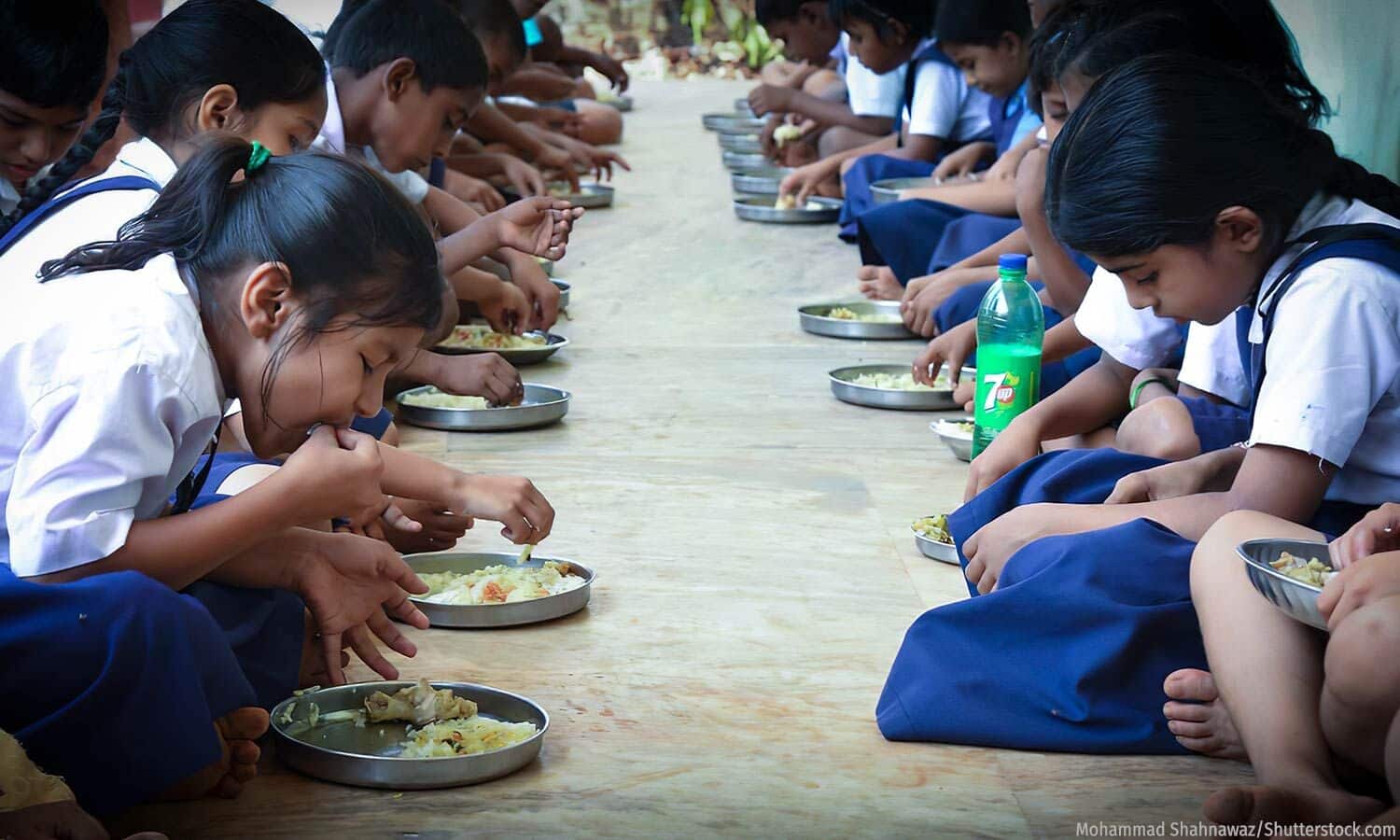India’s PBPB Initiative Transforms Early Childhood Care

The Government of India has launched the Poshan Bhi Padhai Bhi (PBPB) initiative, aimed at enhancing the skills of anganwadi workers to improve early childhood care and education. Initiated on May 10, 2023, this program focuses on providing essential nutrition and educational services to children under six years old, including those with disabilities. As of March 19, 2025, over 36,000 master trainers and more than 311,000 anganwadi workers have been trained nationwide to implement this crucial program.
Empowering Anganwadi Workers Through Training
The PBPB initiative emphasizes the capacity building of anganwadi workers as a foundational step in transforming anganwadi centers into effective learning environments. The Ministry of Women and Child Development (MWCD) has adopted a Two-Tier Training Implementation Model to achieve this goal. The National Institute of Public Cooperation and Child Development (NIPCCD) oversees the training of anganwadi functionaries from its headquarters in New Delhi and five regional centers across the country.
In the first tier, State Level Master Trainers (SLMTs), including Child Development Project Officers (CDPOs), supervisors, and additional resource persons, receive two days of training through a hybrid model that combines online and in-person sessions. The second tier involves a three-day workshop conducted by SLMTs for anganwadi workers, ensuring they are well-equipped to deliver quality services.
Curriculum Frameworks for Inclusive Education
To further empower anganwadi workers, the MWCD has developed two comprehensive curriculum frameworks under the PBPB initiative: “Navchetana” and “Aadharshila.” These frameworks are designed to support the learning needs of all children, including those with disabilities.
The “Navchetana” framework focuses on early childhood stimulation for children from birth to three years. It provides caregivers with guidance on conducting activities that promote growth and development during this critical period. The framework emphasizes the importance of brain development and offers step-by-step instructions for caregivers and frontline workers to engage in effective early stimulation activities. It also addresses the screening and inclusion of children with disabilities, ensuring that no child is left behind.
Enhancing Early Childhood Education Quality
The “Aadharshila” curriculum aims to improve the quality of early childhood education for children aged three to six years attending anganwadi centers. It prioritizes competency-based lesson plans and activities that cover various learning domains. This curriculum enables educators to plan age-appropriate activities and assessments, emphasizing the use of indigenous toys and low-cost materials.
The annual plan is structured into 48 weeks, including 36 weeks of active learning, four weeks of initiation, and eight weeks of reinforcement. Each week consists of six days, with five days dedicated to introducing and practicing activities, and one day reserved for reinforcement. Daily sessions are organized into three blocks: welcome and free play, learning through activities, and reflection and closing.
This significant initiative was highlighted by the Minister of State for Women and Child Development, Smt. Savitri Thakur, during a recent session in the Rajya Sabha, underscoring the government’s commitment to enhancing early childhood care and education across India.
Observer Voice is the one stop site for National, International news, Sports, Editor’s Choice, Art/culture contents, Quotes and much more. We also cover historical contents. Historical contents includes World History, Indian History, and what happened today. The website also covers Entertainment across the India and World.
Follow Us on Twitter, Instagram, Facebook, & LinkedIn

